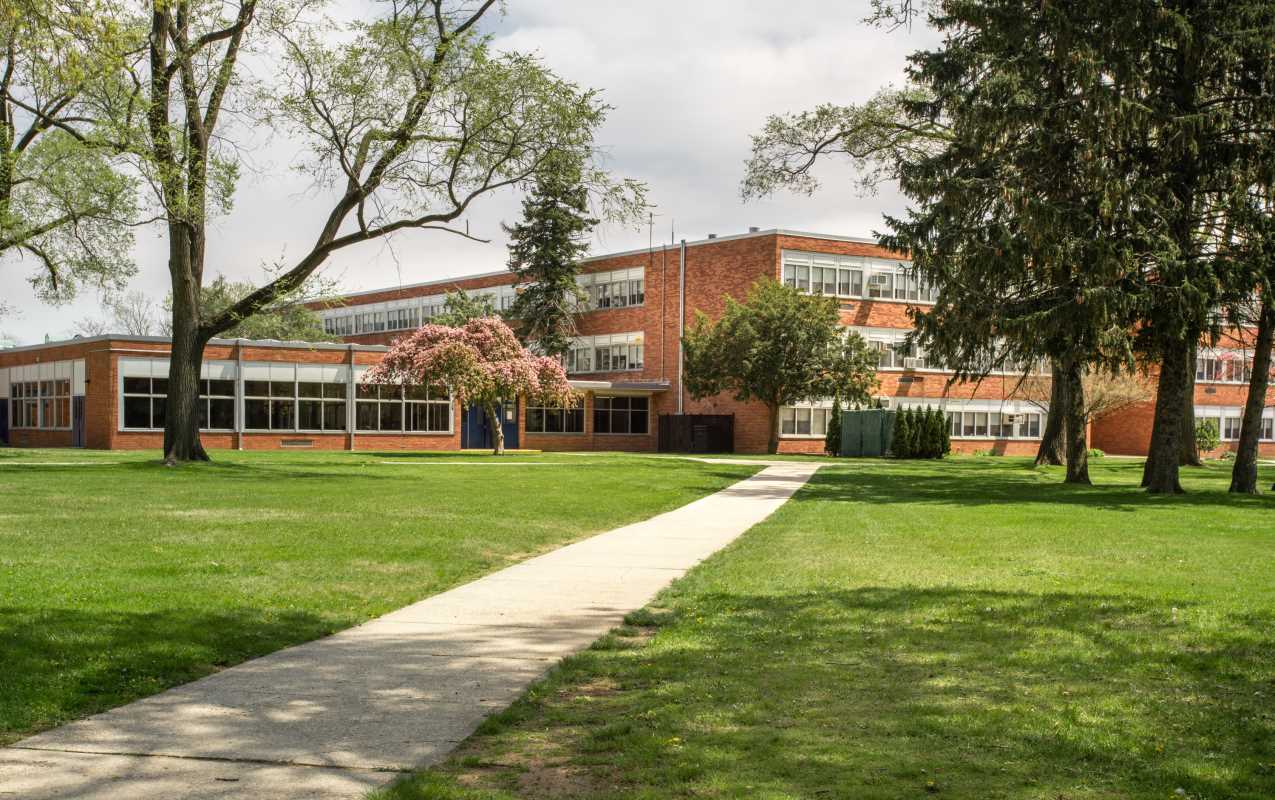Seeking guidance from a college counselor is a critical yet often underutilized step in the college application process. College counselors offer invaluable support by helping students navigate the complexities of choosing the right college, meeting admission requirements, exploring financial aid options, and planning for future careers. Here’s an expanded look at what to expect when working with a college counselor and why their guidance is essential for your future.
Meeting Admission Requirements
One of the primary roles of a college counselor is to help you understand and meet the admission requirements for your chosen colleges. Admission requirements can vary widely from one institution to another, and it’s essential to know what each college expects from its applicants. Your counselor will review your academic record, standardized test scores, and extracurricular activities to ensure you meet or exceed the expectations of the colleges on your list.
College counselors are familiar with the nuances of different application processes, including those for highly competitive schools. They can guide you on which courses to take in high school, recommend additional classes or experiences that might strengthen your application, and advise you on preparing for standardized tests like the SAT or ACT. Additionally, they can help you identify which colleges place a significant emphasis on particular aspects, such as essays, interviews, or portfolios, allowing you to tailor your application accordingly.
Choosing the Right Fit
With thousands of colleges and universities to choose from, finding the right fit can be daunting. A college counselor plays a pivotal role in helping you narrow down your options by assessing your academic interests, career goals, and personal preferences. They can recommend institutions that align with your aspirations, values, and desired campus environment.
During your sessions, expect your college counselor to ask detailed questions about your interests, learning style, preferred campus size, geographic preferences, and long-term goals. These insights allow the counselor to suggest colleges that not only offer strong programs in your area of interest but also match your personality and lifestyle. Whether you’re looking for a large research university or a small liberal arts college, your counselor can help you find the right balance of academic rigor, extracurricular opportunities, and campus culture.
Navigating the Application Process
The college application process can be overwhelming, with numerous deadlines, essays, and forms to manage. A college counselor helps streamline this process by providing a structured plan and offering support at every step. They can assist with organizing application materials, ensuring you meet deadlines, and refining your personal statements and essays to make your application stand out.
Counselors often have experience with the nuances of different application platforms, such as the Common App or Coalition App, and can guide you on how to best present your achievements and experiences. They might also conduct mock interviews, provide feedback on your resume, and help you manage your time effectively so that you’re not overwhelmed as deadlines approach. The personalized guidance from a counselor can significantly reduce the stress associated with the application process, allowing you to focus on showcasing your strengths.
Exploring Financial Aid Opportunities
College tuition and related expenses are major concerns for many students and their families. College counselors provide critical information on the various financial aid options available, including scholarships, grants, work-study programs, and loans. They can help you understand the differences between these options and guide you through the application process for each.
Your college counselor will also assist with completing financial aid forms, such as the Free Application for Federal Student Aid (FAFSA) and the CSS Profile. These forms are essential for determining your eligibility for federal and institutional aid. Additionally, counselors often have access to databases of scholarships and grants and can help you find opportunities that you might not have discovered on your own.
Expect your counselor to ask about your family’s financial situation, your academic achievements, and any special circumstances that might qualify you for additional aid. With their guidance, you can create a comprehensive financial plan that makes attending college more affordable and reduces the burden of student debt.
Career Planning
Choosing a major and planning for a career are significant decisions that can impact the rest of your life. College counselors are equipped to offer career assessments, job market insights, and guidance on selecting a major that aligns with your interests and professional aspirations. They can help you explore different career paths and develop a strategic plan to achieve your goals.
During your career planning sessions, expect your counselor to ask about your interests, strengths, and long-term aspirations. They might suggest internships, volunteer opportunities, or extracurricular activities that can provide valuable experience and enhance your resume. Furthermore, counselors can connect you with alumni or professionals in your field of interest, offering you a chance to network and gain real-world insights into potential careers.
What to Expect from Your College Counselor
When working with a college counselor, you can expect personalized attention tailored to your unique needs and goals. Counselors typically begin by getting to know you through a series of meetings, during which they will ask about your academic history, extracurricular involvement, career interests, and personal preferences. This information helps them provide targeted advice and support throughout your college application journey.
In addition to the guidance mentioned above, college counselors may also ask you to complete assessments or questionnaires that provide further insight into your strengths and areas for improvement. They might also request regular updates on your progress with applications, essays, and other tasks to ensure you stay on track.
Counselors provide a wealth of resources, including timelines, checklists, and sample materials, to help you stay organized and informed. They are also available to answer any questions you have along the way, offering reassurance and clarity when you need it most.
The Future is Bright
College counseling is an invaluable resource that can significantly impact your academic and career future. By working with a college counselor, you gain access to expert advice on meeting admission requirements, choosing the right college, navigating the application process, exploring financial aid options, and planning for your career. With their personalized guidance and support, you can make informed decisions that set you up for long-term success. Investing in college counseling is an investment in your future, helping you to achieve your academic and professional goals with confidence.
 (Image via
(Image via





